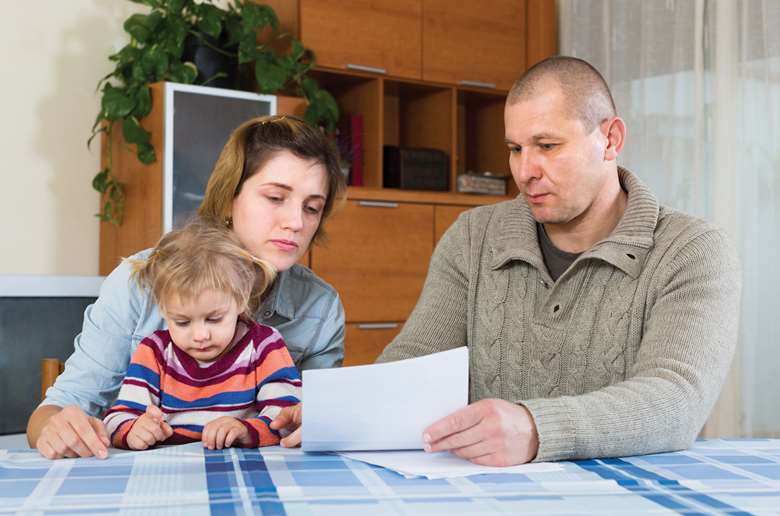Number of children affected by working poverty hits 2.6m
Joe Lepper
Wednesday, December 7, 2016
A total of 2.6m children in working families are living are in poverty, according to a new report into deprivation and social exclusion.

The Joseph Rowntree Foundation (JRF) report Monitoring Poverty and Social Exclusion 2016 says that around a third of the 7.4 million people in working families and living in poverty are children.
This takes the proportion of those in poverty who are in working households to a record high of 55 per cent, says the report, which has been written for the JRF by the New Policy Institute.
Poverty rates are also higher among certain groups of children. Among children whose parents were not born in the UK the rate is 45 per cent.
Families with children living in the rental property sector are another disadvantaged group. The poverty rate is 46 per cent among families with children in the private rented sector, and 51 per cent for those in social housing.
Prospects for families with children to climb out of poverty are slim, the report also warns. In 2014/15 just under two thirds (63 per cent) of families with children in the poorest fifth of the population were unable to save £10 a month. This drops to 35 per cent among the middle fifth and 10 per cent among the richest fifth.
A fifth of families with children in the poorest 20 per cent of society are unable to keep up with bills, the report also says. Their plight is worsened by cuts to Universal Credit, which the report estimates will cost a working family of four living on the national living wage around £1,000 a year.
While the report acknowledges that overall poverty rates have remained flat since 2010, the rise of in-work poverty is a concern, said JRF head of analysis Helen Barnard.
"The UK economy is not working for low-income families," She said.
"The economy has been growing since 2010 but during this time high rents, low wages and cuts to working-age benefits mean that many families, including working households, have actually seen their risk of poverty grow," she said.
The JRF has called on government not to get distracted by Brexit negotiations and take steps to improve the lives of working families through better wages, a reversal of benefit cuts and improved access to "genuinely affordable homes" through a £1.1bn "living rents" scheme.
This scheme would involve linking social rents to local wages and would save government money in the long-term by cutting the housing benefit bill, says the JRF.
Alison Garnham, chief executive of Child Poverty Action Group, said the JRF report echoes its own analysis which is showing that "life is very much more insecure for millions of families".
She added: "There are clear choices we can make to reduce our appalling poverty rates in working and non-working households. Reversing the deeply unpopular cuts to Universal Credit and ending the freeze on benefits would be a good place to start."
Earlier this week the Children's Rights Alliance for England coalition warned that the rights of children living in poverty, especially those in families affected by homelessness, were being eroded.
Last month it emerged that the government had halved staffing levels at its Child Poverty Unit over the last four years.




